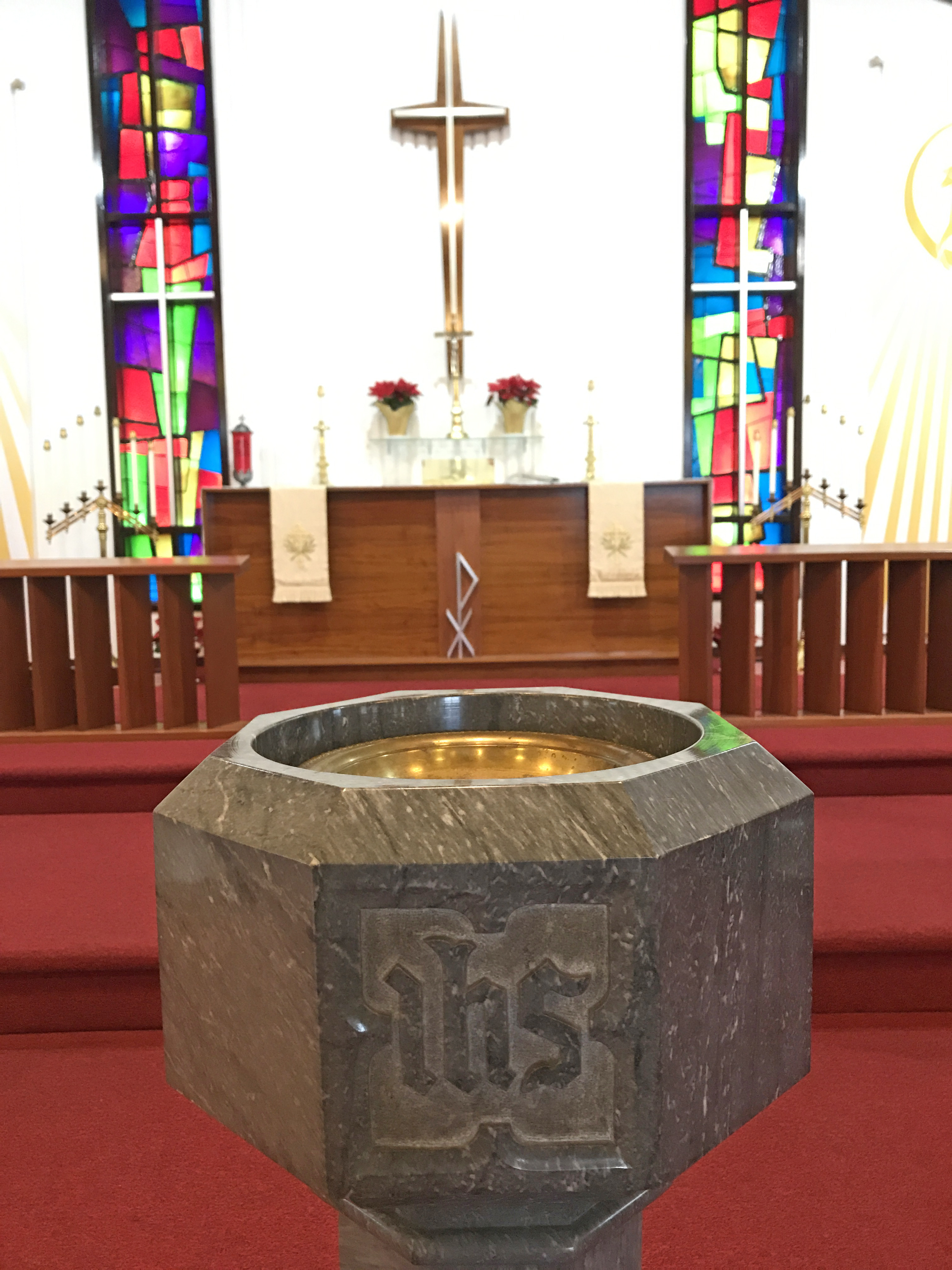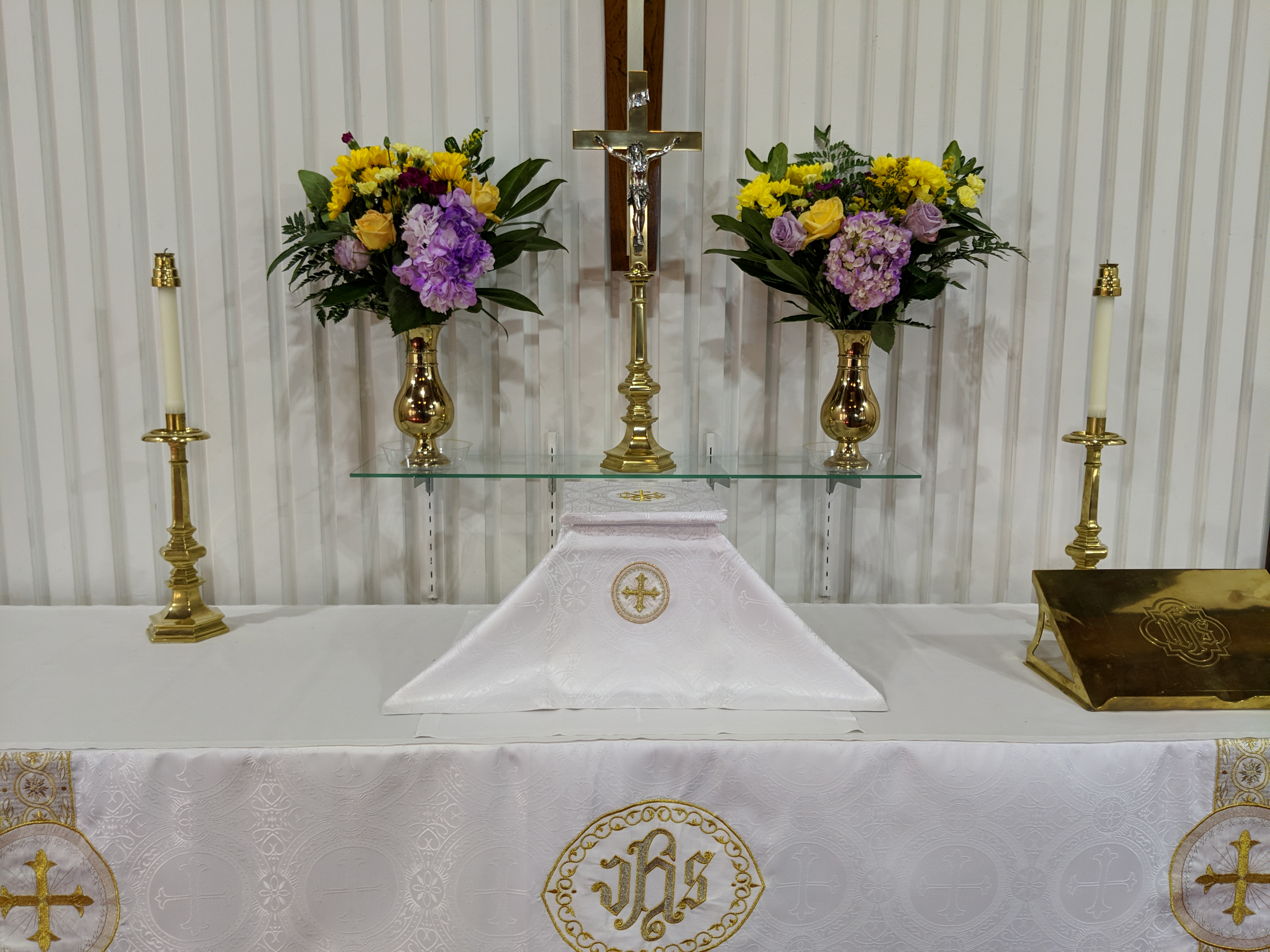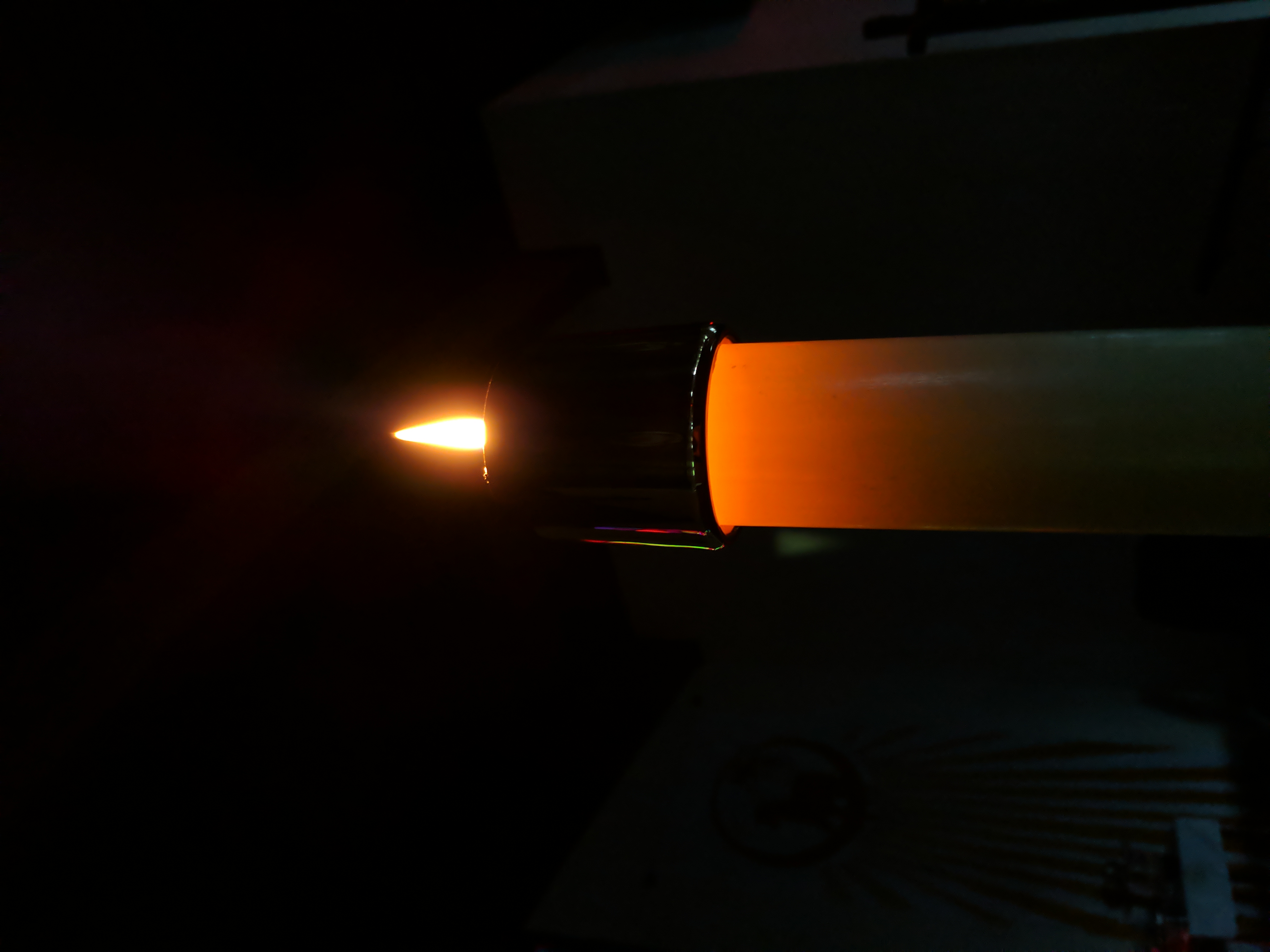Oculi Mid-week – Wednesday 6 March A✠D 2024
✠ Psalmody: Psalm 25:15-16;25:1-2, 17-18, 20;9:19, 3;123:1-3
✠ Lection: Exodus 20:12–24a;St. Matthew 15:1–20
In the Name of the Father and of the ✠ Son and of the Holy Spirit. Amen.
To eat with unwashed hands does not defile a man, yet our modern minds kind of half agree with the scribes and Pharisees that it’s a bad idea not to wash our hands before we eat. After all, haven’t we been enlightened to know that there are microscopic dangers lurking about waiting for us to forgetfully not wash our hands so that they can get us and make us miserable? To say that digestive or physical health risks were what the scribes and Pharisees were complaining about to Jesus is to interpret this Gospel with modern eyes. To say that they were concerned with the removal of dirt from the body, from the hands, is getting a little closer to the origin of their tradition, but there is still more to the ceremony beyond what can even be seen with a microscope.
The ceremonial washing of hands before eating bread had pious, godly roots, for in between the altar of burnt offerings and the holy place in the tabernacle in which the glory of God dwelt in the Old Testament was a wash basin kept full of clean water. In this basin, the priests were required to wash both hands and feet before ministering before the Lord Almighty. It cleansed their skin from dirt and grime, but more importantly the washing ceremony spiritually cleansed the unclean, sinful man in order that he may approach God and the holy things that He has consecrated for use in the deliverance and application of His mercy upon sinful people. By washing, the priest was able to reverently handle the gifts of God. This foreshadowed Holy Baptism as it serves the same benefit of washing you in the regeneration and renewing of the Holy Spirit in preparation for approaching Christ’s holy altar to receive into your mouth the Holy One of God Himself. Every time you pass by the baptismal font in Divine Service, remember God’s gift, which He poured out upon you, that you might be holy and without blemish when presented before Christ your Lord at His altar.
If we rightfully believe that every good gift and every perfect gift is from above, and comes down from the Father of lights, then we are right to believe that food for the body is among these gifts. Therefore, it is a good and pious practice to cleanse our hands, not only to remove dirt and germs, but moreso that we may receive our daily bread with cleansed hands prepared to offer up thanksgiving to the One from Whom we know our provision comes. This is to prepare us to reverently handle what the Father has seen fit to place before us for our nourishment in body, for He cares for our entire person. The washing ceremony is good, but just as with any good thing, we may misuse or abuse it to our detriment.
The Scribes and Pharisees who were from Jerusalem, signifying to us that in haughtiness they were unmatched, above all others in self-righteous zeal, they came to Jesus, saying, “Why do Your disciples transgress the tradition of the elders? For they do not wash their hands when they eat bread.” They had taken a good, reverent practice and ironically defiled it by exalting outward ceremony above even God’s commandments and their intended use. The concern of the scribes and Pharisees didn’t come in the form of, “Why do your disciples transgress the law of Moses?”, notice they asked not this, but concern in outward appearance, in the keeping of the façade of pious traditions of the elders, the washing of hands before eating. We must cast aside all the same tendencies, all the neglect of godly meaning and intention in our ceremonies, for in a congregation that enthusiastically makes use of much meaningful traditions, the temptation to disconnect it from the heart and from the love of neighbor is continually at us. Borne out of reverent love and admiration of our Savior have come things like making the sign of the cross, wearing a head covering, kneeling in pew and at altar, receiving Communion directly into the mouth from the pastor’s hand as from Christ’s, and much more. Yet, once the heart is disconnected from all such practices and we use gifts originally borne out of Gospel joy for self-exaltation, we turn them into self-condemning law having distanced our own hearts from the Father above upon Whom the ceremonies are founded in adoration and worship. This is scribe and Pharisee danger among us, because no one is defiled from not making the sign of the cross. No one is defiled by not wearing a head covering. No one is defiled by not kneeling, by not receiving the Body upon the tongue or the Blood from the Chalice. Not doing these ceremonies do not defile. The temptation to exalt our man-made tradition, even if it has its origin in Gospel beauty, is present before all who are able to reach into his own shirt and feel that he has flesh that is corrupted, that is defiled, by sin. At the beginning of the Introit, I as your representative before God Almighty genuflect and kiss this precious altar upon which Christ comes to us. But even if I, who am collectively presenting us all before our Mighty and Merciful King, draw near to Him with my mouth, and honor Him with my lips, but my heart is far from Him, then I, too, commit the true transgression of the scribes and Pharisees. The same goes for us all if we value any ceremony above the One Who regenerates the heart out of which true practice of godly tradition rightfully flows. All ceremony is to be enjoyed because of Jesus, not exalted because of self. Though this may not be a common vice among us, let him who thinks he stands take heed lest he fall, because not doing ceremonies does not defile a man. Nor is a lack of ceremonies and an uninspected rejection of them a virtue either, because reverent ceremonies do come naturally from hearts raised from the dead and washed clean in the blood of the crucified Lamb of God. A new heart enlivened to admire its Redeemer desires to express its joy more and more.
Neither outward tradition and ceremonies nor the things taken into the body based upon them are what defile a person, but those things which proceed out of the mouth come from the heart, and they defile a person. The heart far from God, content with its own desires, puffed up with its own pride is that out of which proceed the things that defile it, defile our mouths, defile us. Therefore, the heart is the problem for all and must be addressed. The heart must repent as it is called to do by Him Who cleanses it by His holy precious blood, and with His innocent suffering and death; it must draw near to Him not based on what it does but by what He does to it, in it, through it. The heart must be cleansed by the only means by which it can be; not by what it does but by what is done to it. Oh, joyous passive reception of God’s great work! It is God Who washes us with His Word in Holy Baptism. It is God Who gives us His blessed Body and Blood for the benefit of the forgiveness of sins and where there is the forgiveness of sins, there is also life and salvation. These means of God’s grace being delivered directly into the heart address its issues. The heart that draws near to God by these means of which He commands, of which He invites, of which He promises is one that is blessed and in turn blesses those it encounters because out of a heart fed by and reliant upon the sanctifying Word of God will flow rivers of living water instead of sewers of evil thoughts, murders, adulteries, fornications, thefts, false witness, blasphemies, filthiness, foolish talking, coarse jesting, but will be replaced by all the good that proceeds out of the mouth from it. Not what goes into the mouth defiles a man; but what comes out of the mouth, this defiles a man. What goes into the heart by the mouth, ear, and eye of a man, keeps him from becoming like lifeless idols, and brings forth from the heart, from the mouth rivers that water the neighbor with all sorts of good, just as the One Who alone is good does for it.
In ✠ Jesus’ Name. Amen.















Comments are closed, but trackbacks and pingbacks are open.